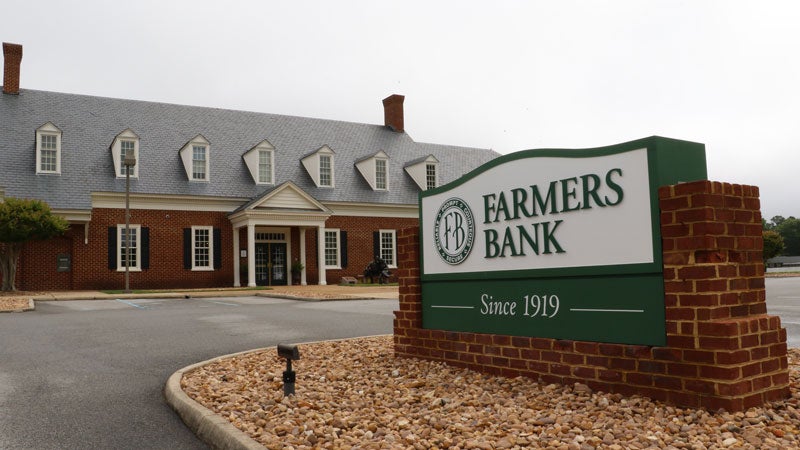Brexit: A political crisis, not a financial crisis
Published 8:50 pm Thursday, July 14, 2016
By Stephen Korving
We tend to take a dispassionate view of world affairs. This helps us avoid getting caught up in the hype that the media sells when things happen.
When the unexpected occurs, as it so often does, the initial reports and the initial reactions are often far from the truth and have little relationship to reality.
We have some personal insight into European affairs and have always felt that the European Union was an artificial construct in a continent that is home to so many disparate cultures. We are not surprised that the whole construct is showing signs of coming apart.
Europe has been the home of little countries and big countries for millennia and has thrived during that time. Therefore, there is no reason to think that the EU is either critical or even necessary. It does have its uses, but it also has many failures, and these failures have grown larger over time.
When the matter was put to a vote, the people in England decided it was time to declare their independence from the EU and its failings.
As a matter of fact, there are political movements in other EU countries to leave, just as the British have done. We suspect that their momentum will grow over time.
The driving forces behind the UK’s decision to leave are twofold.
The first issue is that an un-elected bureaucracy in Brussels that does not answer to voters at home is making rules with the force of law. For example, the EU has banned powerful vacuum cleaners and is planning to put similar prohibitions on toasters and electric kettles. They have even made rules defining how much salt can be in a croissant and how sturdy a wooden shoe must be.
Once Brussels makes a decision, voters in England, France, the Netherlands or any other EU country have no further say in the matter.
The second issue is that there are no borders inside the EU, which means that once any person crosses in to any EU country, legally or illegally, they can freely travel to any other EU country. Further, the host country is required to provide welfare benefits for the migrants under EU law.
Millions of refugees have swarmed into Europe, escaping from violence and poor economic conditions in Africa and the Middle East. This wave of refugees has been creating a number of problems in Western Europe.
The cultural issues that the immigrants bring with them, as well as the cost of supporting them, have made the issue of immigration a hot button for many Europeans.
Since the initial first two days of panic in the financial markets after the Brexit vote was announced, cooler heads have prevailed. The vote to leave the EU must still be approved by the British parliament, and even then will likely take several years to implement.
One commentator that we follow noted, “Great Britain runs consistent trade deficits with the rest of Europe. Regardless of what foreign leaders say before the vote, if the British vote to leave, the rest of the EU is going to chase them to the ends of the earth. No way will they allow one of their biggest export markets to become more distant. They will beg the U.K. to sign a free trade deal.”
While the political leaders in England and the rest of Europe campaigned hard against Brexit, they seem to have lost the confidence of the people they govern. We see the vote as a healthy example of a desire for free people to govern their own lives, and we wish them luck.
Stephen Korving is a financial advisor and the founding principal of Korving & Co. in Suffolk. Visit his website at www.korvingco.com.






